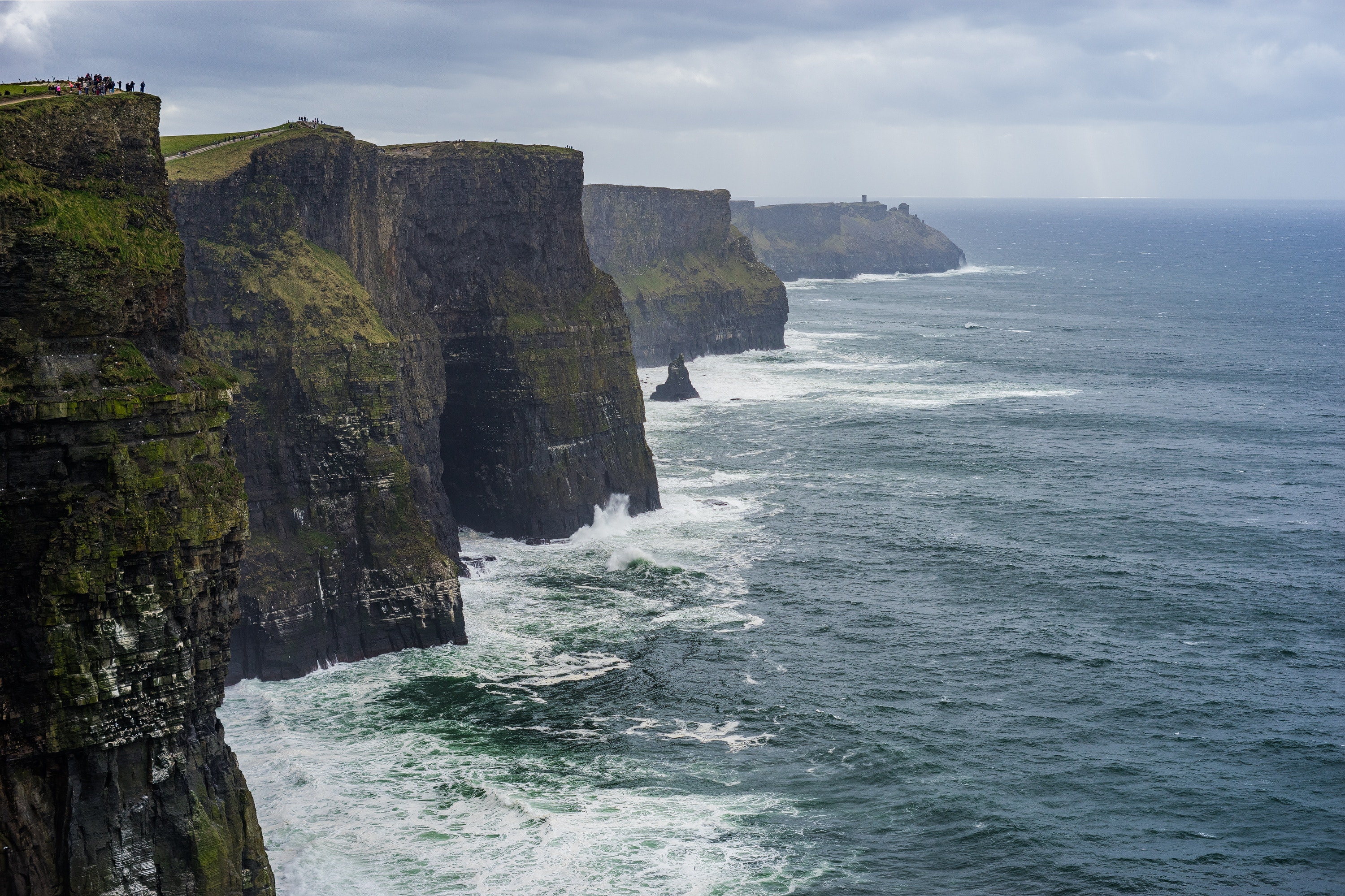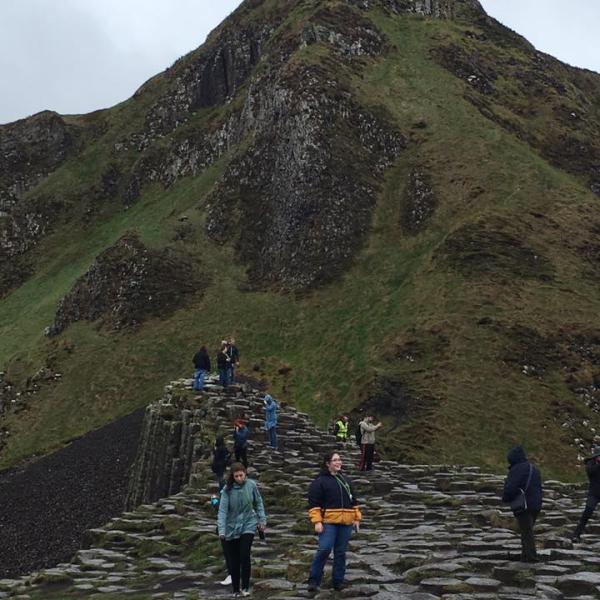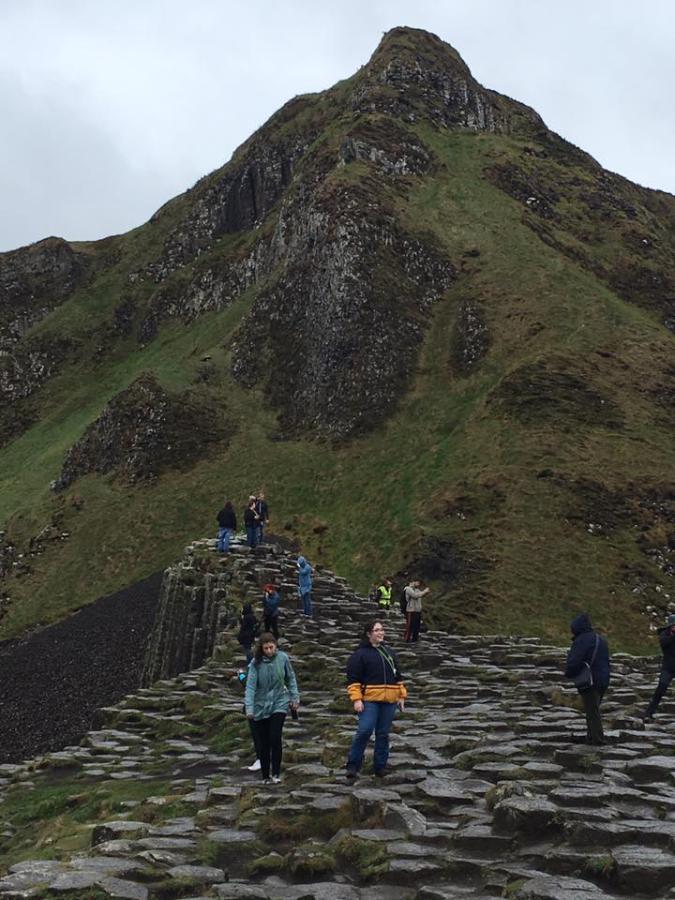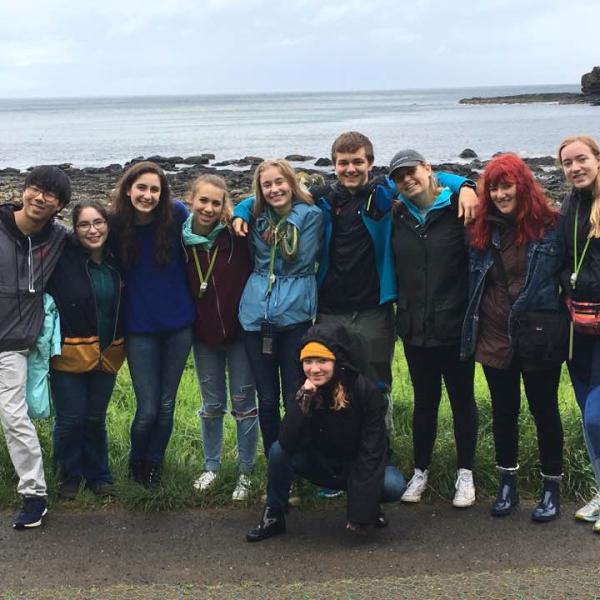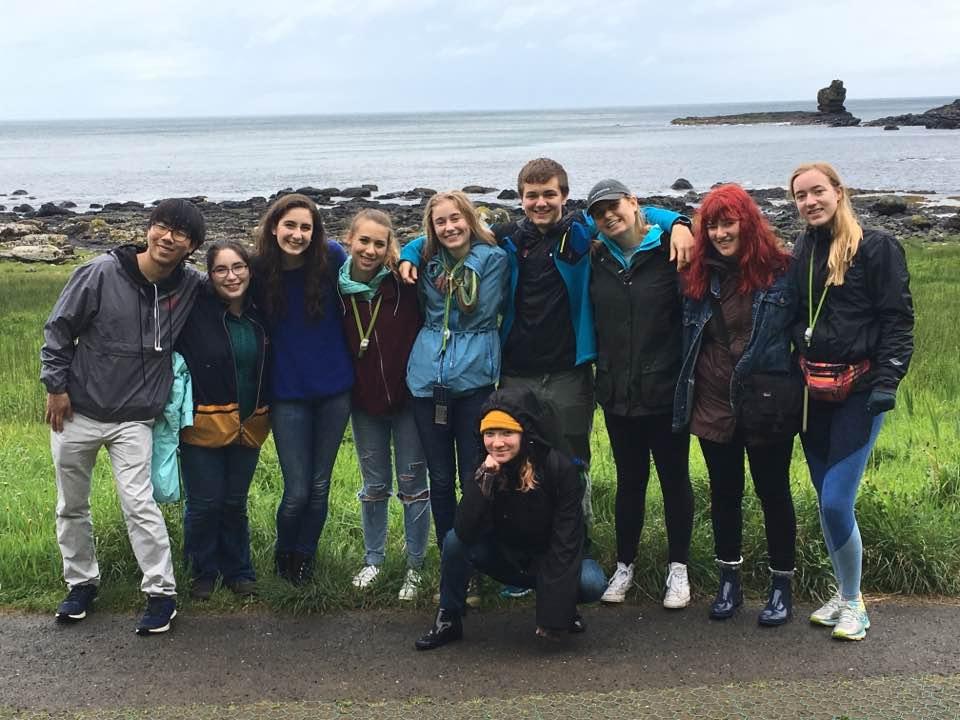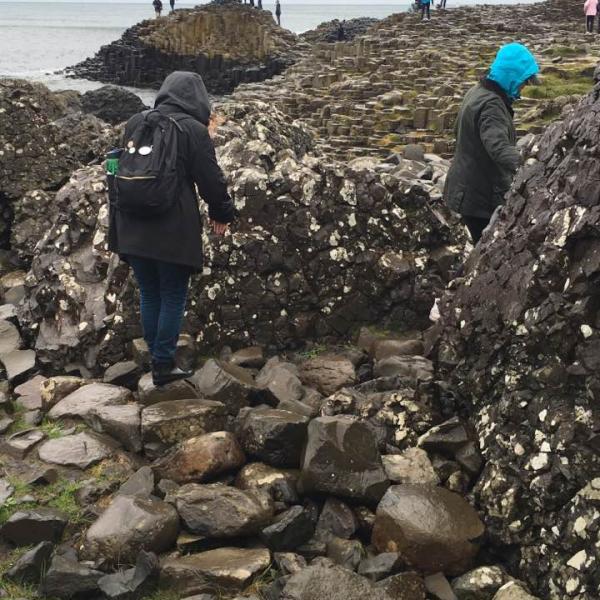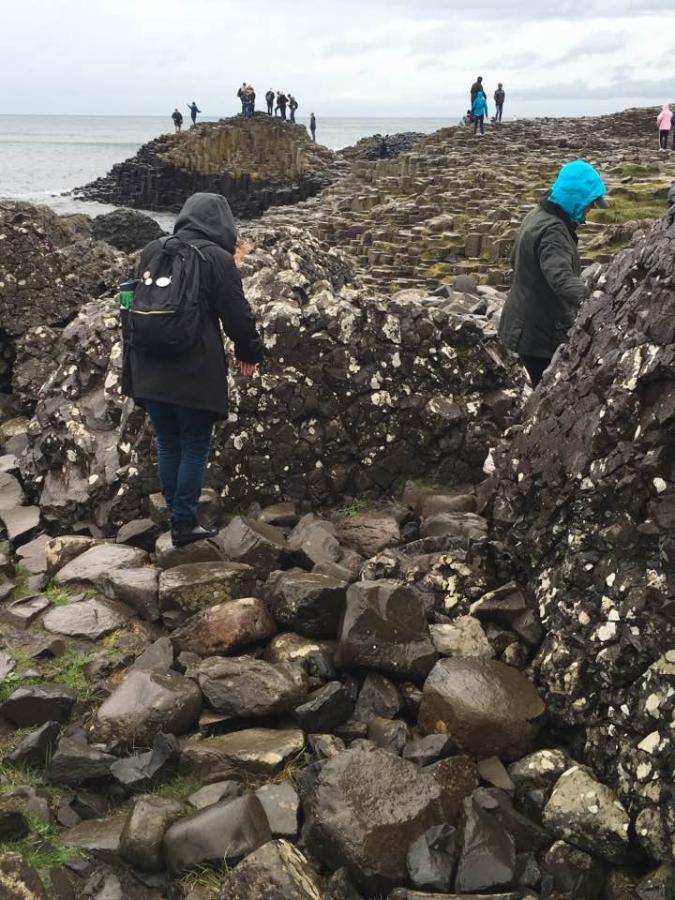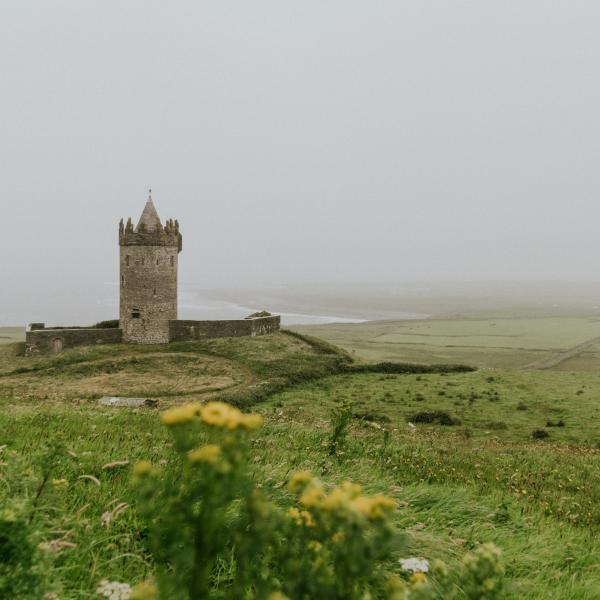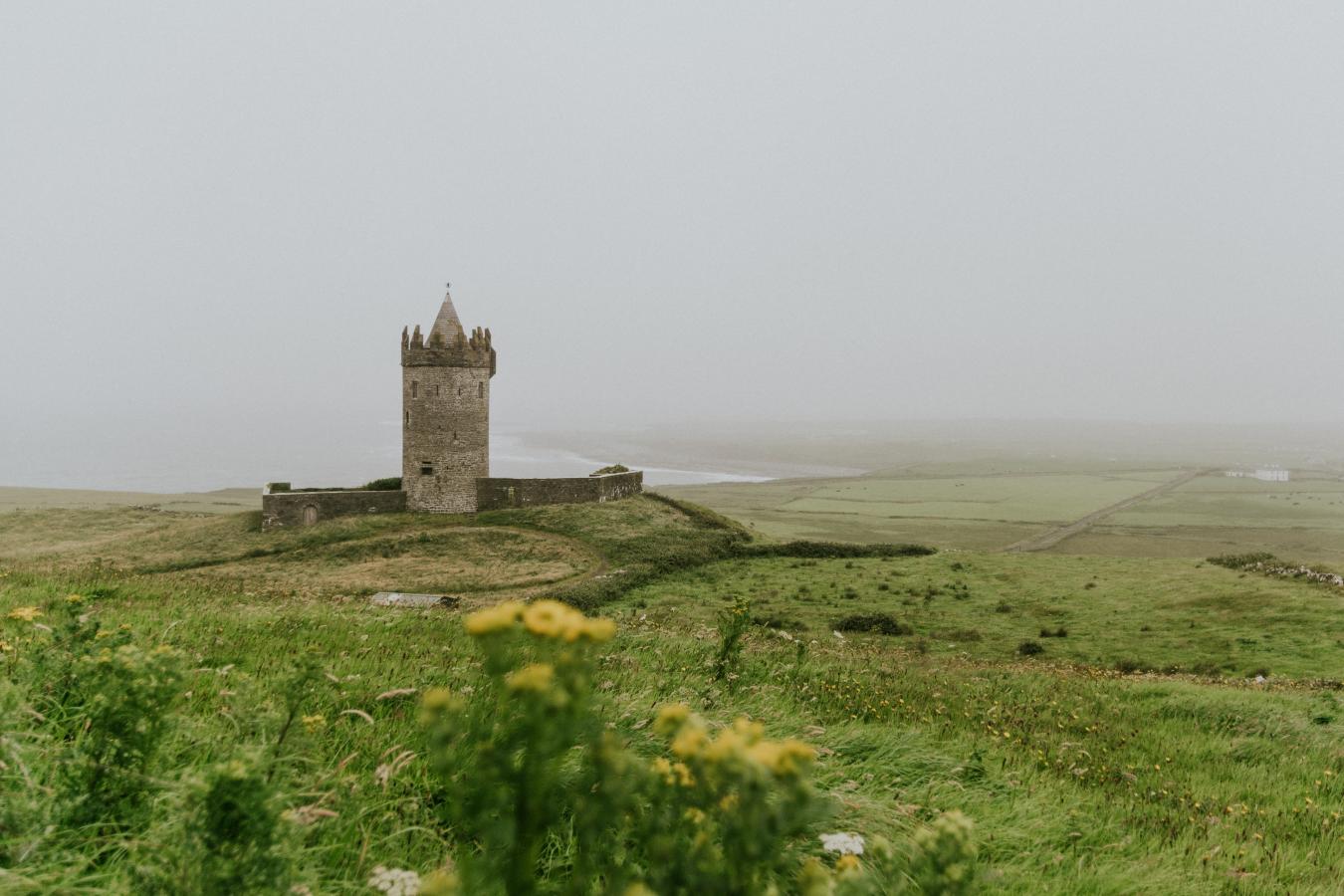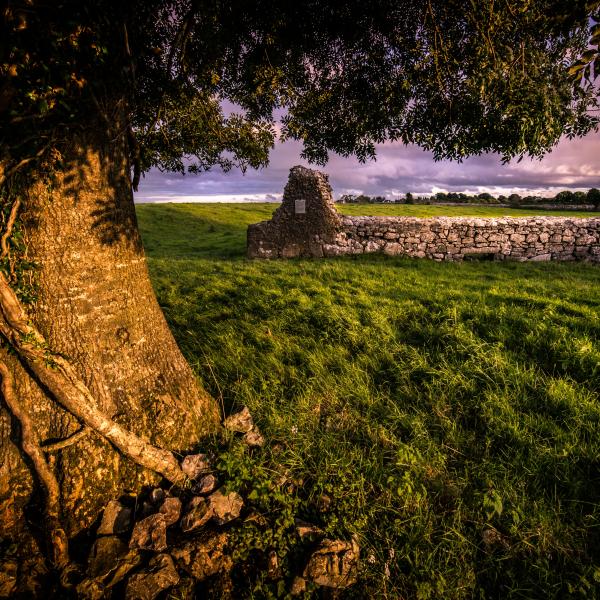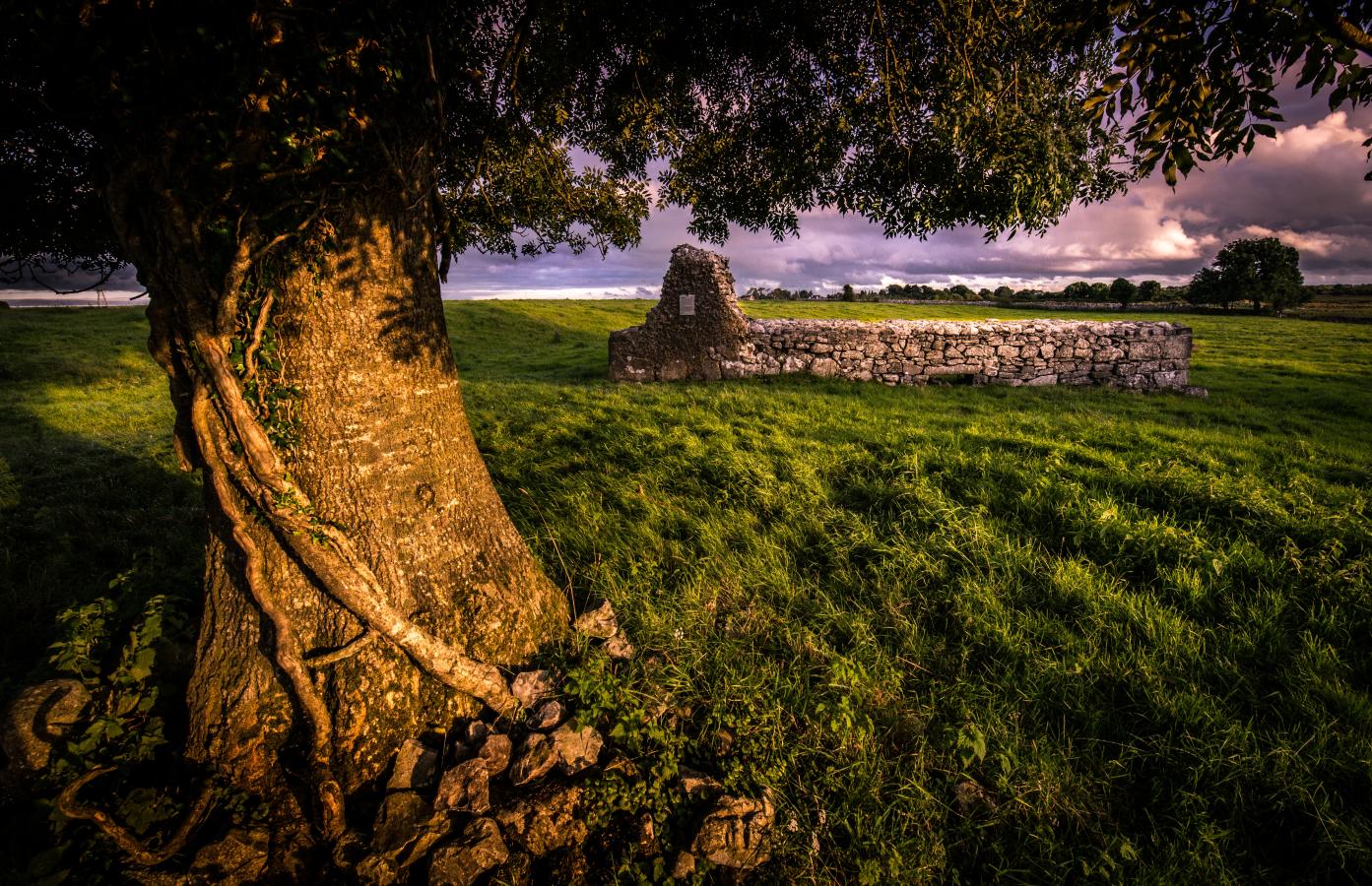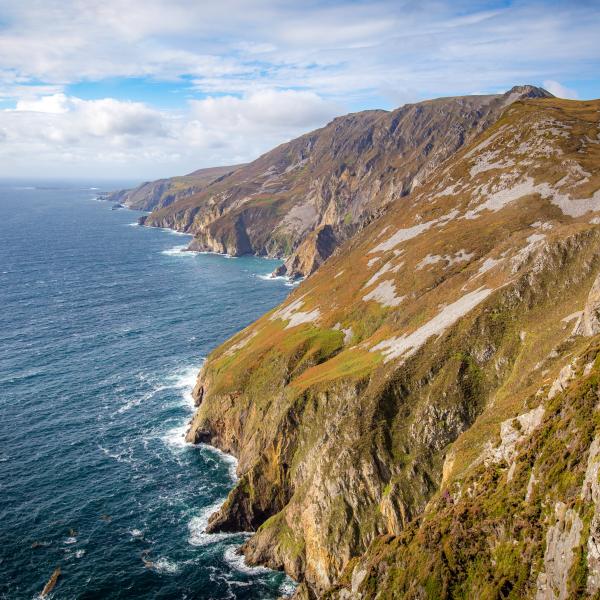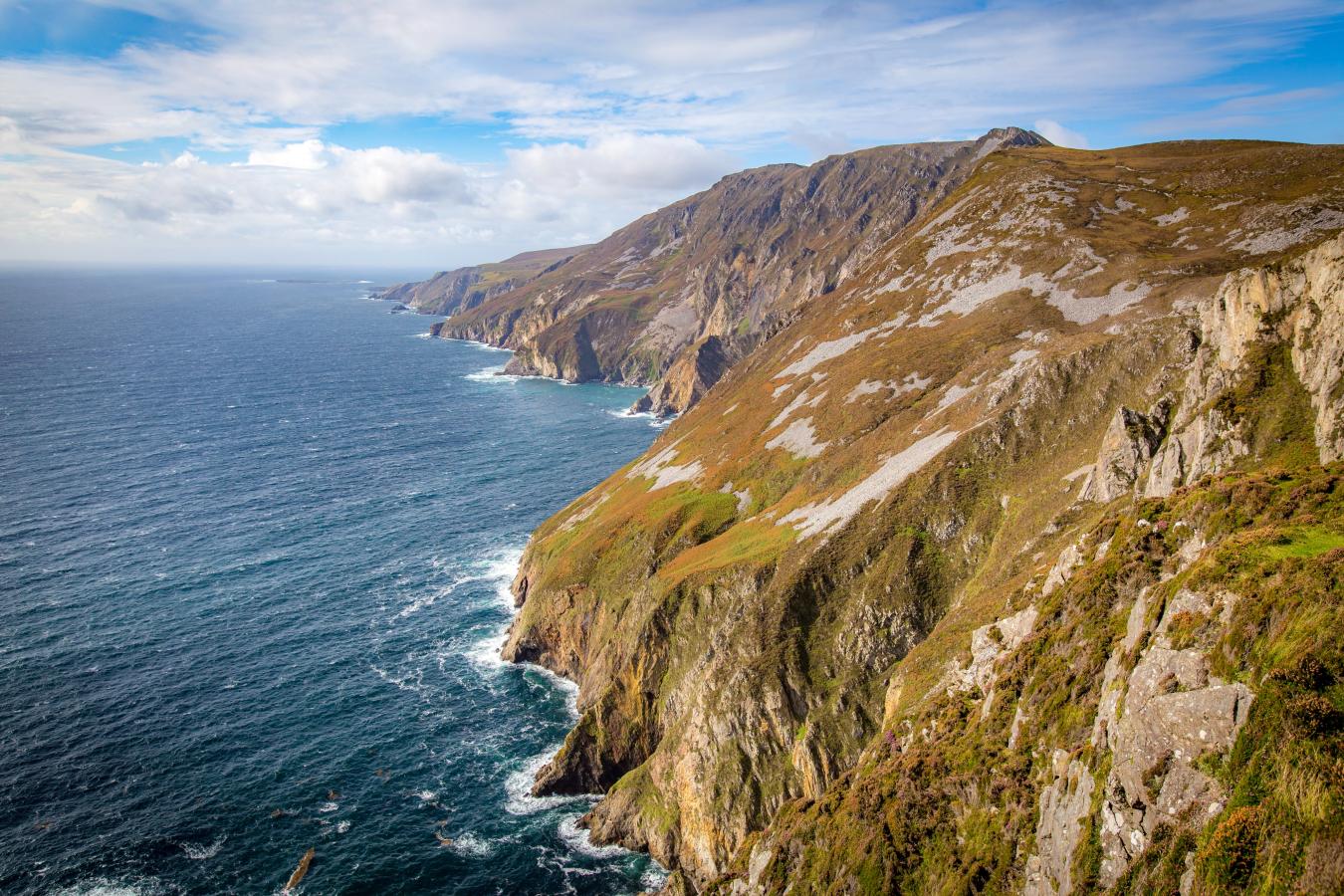What courses are part of the program?
Fall Semester
During the Fall semester, students will examine the literature of Ireland from the collapse of Charles Stewart Parnell to the outbreak of the Second World War. This is the period of an emerging cultural nationalism, a great efflorescence of literature in many genres, and some of the most important political, social, and military events in modern Irish history, including the Easter Rising, the Anglo-Irish War, and the Irish Civil War. One of the remarkable things about the period is the close relationship between prominent figures in the literary and artistic world and those in the realm of politics and social change. The result was a rich cross-fertilization of ideas and attitudes which had enormous implications for the future of this embattled island nation. To examine this vital and transformative period of Ireland, the class will give close attention to primary texts of the period as well as the works of notable writers including William Butler Yeats, Lady Gregory, John Millington Synge, Oscar Wilde, George Bernard Shaw, James Joyce, Sean O'Casey, Elizabeth Bowen, and others.
Spring Semester
The Spring semester resumes the study of Ireland by exploring the intersection of literature and culture from the establishment of the Fianna Fail government of Eamon de Valera in 1932, through the lean years of the 40s-70s, to the economic boom of the Celtic Tiger in the 1990s and beyond. To appreciate this small nation's rocky road to a successful entrance into the European Union, economic security, and national confidence, students will closely examine how Ireland's rich and diverse literature casts a cold but not unfeeling eye on its hard-earned independence and fraught nationalism, for the fiction, poetry, and drama of Ireland not only mirrors but often moves the story of Ireland's growth and transformation over the decades of economic, social, and political strife. Authors include Sean O'Faolain, Frank O'Connor, Samuel Beckett, Edna O'Brien, Mary Lavin, Patrick Kavanagh, Brian Friel, Marina Carr, Martin McDonagh, Sebastian Barry, Nuala Ni Dhomhnaill, Eilean Ni Chuillainean, William Trevor, John McGahern, Claire Keegan, and Colm Toibin.
Outside of the Classroom
Concerts, Plays, Movies, Dinners, Etc.
The Ireland program offers much more than just the traditional instruction. Irish movies are screened every month on the WashU campus, and sometimes trips are organized to see new Irish-themed films in theaters, such as the 2015 Oscar-nominee Brooklyn. Irish concerts and plays that come through St. Louis are also options for excursions. The class has been to see Cherish the Ladies, Solas, Danu, and Gaelic Storm. Last fall, they attended performances of Beckett's Happy Days and McPherson's Shining City at theatre venues in and around the city of St. Louis. In a particularly special tradition, each of the three instructors in the program has the class to their house for a meal at some point during the year - all special experiences within the Ireland family!
The Gaelic Cultural Society
The Gaelic Cultural Society is one of the over 300 campus clubs offered at WashU. The GCS pairs closely with the Ireland program to celebrate Irish culture on our campus. From St. Brigid's Day/Imbolc to Hallowe'en/Samhain to St. Patrick's Day, the GCS hosts events to celebrate the traditional holidays. There is music, food, and demonstrations, and always lots of fun!
More Academic Opportunities
WashU has multiple ways for students to continue exploring Irish culture. Upper-level Irish literature classes are offered by senior faculty. For example, Associate Professor Guinn Batten teaches classes on 20th-Century Irish poetry, including a course on Yeats and Heaney, and Professor Vincent Sherry teaches an in-depth look at Joyce's Ulysses. Get further details here. The University College offers evening Irish language (Gaelic) classes taught by Sarah Johnson, an adjunct instructor from County Tipperary, as well as courses on Irish and Irish-American writers.
Additional Program Costs
The possible travel component of this course, a trip to Ireland, costs $4,500. Need based financial support available.
Will this program's travel component be affected by COVID-19?
This Ampersand Program may have an international travel component, which could be affected by federal and local guidelines related to health, safety, and security considerations. This program's main academic component will not be affected.

